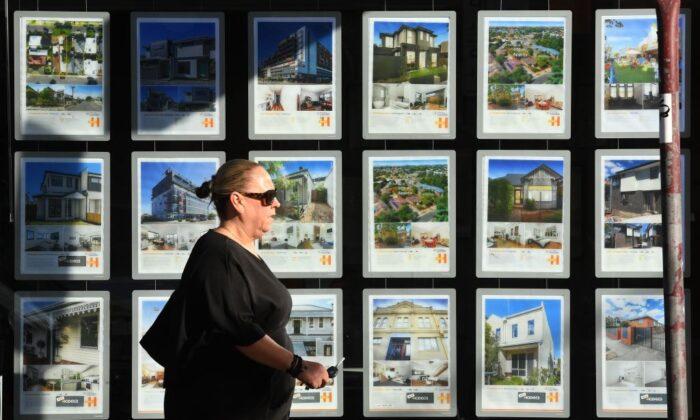Victoria’s largest source of tax revenue is inefficient, constrains property investment and will need replacing with support from the federal government, an inquiry has been told.
The Legislative Council’s Economy and Infrastructure Committee is examining land transfer duty fees, known as stamp duty, which is tax paid by a purchaser on a property.
Victorian Treasury and Finance secretary David Martine said stamp duty brought in $10.4 billion (US$6.9 billion), slightly more than one-third of Victoria’s state tax revenue for the 2021/22 financial year.
But the tax ultimately constrained individual and investor decisions.
“It may discourage individuals from relocating for opportunities such as a new job, or moving to a property better suited to their needs,” Martine told the inquiry.
“Business owners may choose to continue normal operations instead of relocating to expand or take advantage of opportunities in growth areas.”
Estimates ranked stamp duty as one of the least efficient taxes in Australia, Martine said, with a higher value of welfare loss to the economy for each dollar of revenue raised when compared with other taxes.
“The key in this is it needs to be replaced with something, and it needs to be replaced with something pretty big,” Martine said.
“I don’t think personally this this can be delivered without some support and leadership at the Commonwealth level.”
The only example of a state or territory transitioning away from property transfer duties is the Australian Capital Territory (ACT), which is gradually reducing duties while increasing rates.
In January, the former Liberal New South Wales (NSW) government gave its residents the option to pay either stamp duty in one hit or an annualised land tax.
Southern metropolitan Liberal MP David Davis said the ACT transition articulated his fear that Victorians could end up paying both a stamp duty alongside whatever replaced it.
“People (in Canberra) are very agitated about the fact they thought stamp duty was going but now ... they have land tax and stamp duty,” Davis said.
“The other risk is a mendicant government might simply keep both taxes.”
Martine said the Victorian government had not announced plans to introduce a land tax, and the ACT’s 20-year transition plan had not changed.
“By definition, if you’re slowly bringing down stamp duty and replacing it with an increase in rates then you will have a period over that 20 years that you do have both.
“If you’re replacing a $100,000 (US$66,200) lump sum payment with something that’s averaging a much smaller amount spread over the lifetime of that property, then you can immediately take a budget hit.”





